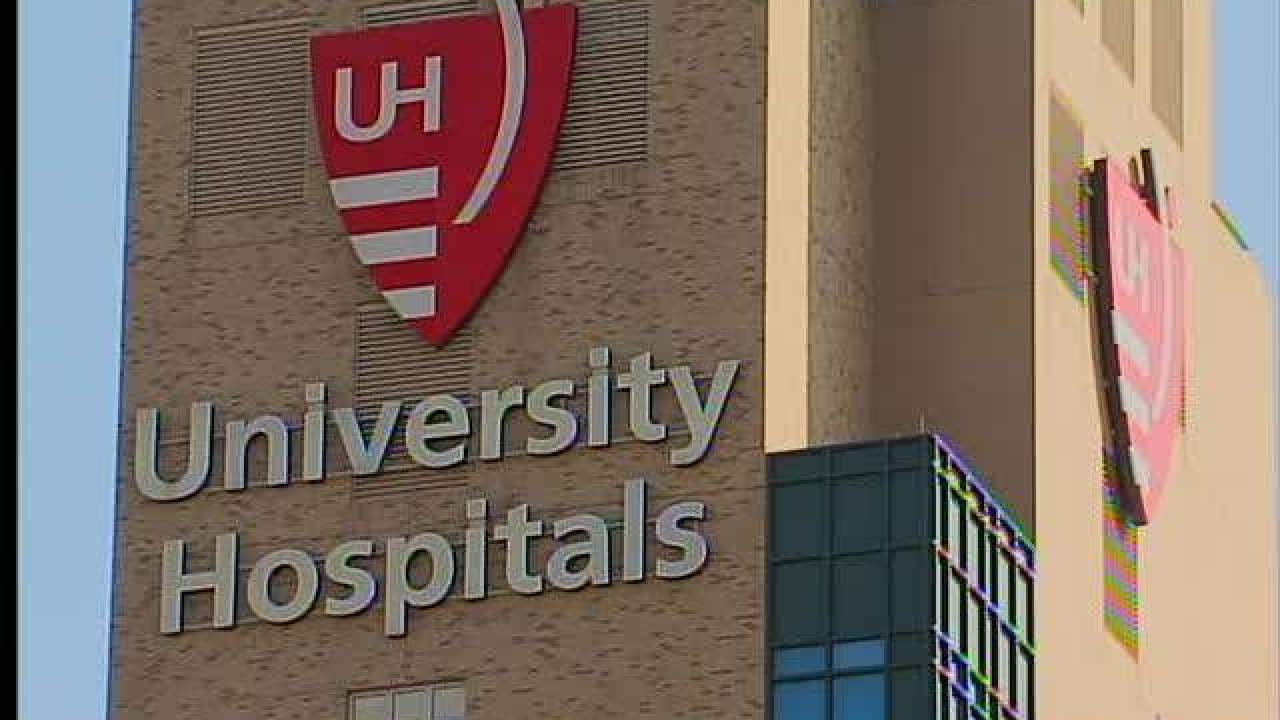CLEVELAND — Heart disease is the leading cause of death in the United States, according to the Centers for Disease Control, and researchers at University Hospitals and Case Western Reserve University School of Medicine say one size doesn’t fit all when it comes to prevention and treatment.
Those researchers have been awarded a grant, along with Wayne State University and the Henry Ford Health System in Detroit, to address cardiometabolic health in underserved communities in Cleveland and Detroit.
“That's related to heart disease, vascular disease, and metabolic health, which includes diabetes and lipid disorders,” Dr. Sadeer Al-Kindi, clinician investigator at University Hospitals and CWRU School of Medicine, said.
The $18.2 million grant from the National Institutes of Health will help create the ACHIEVE GreatER initiative (“Addressing Cardiometabolic Health Inequities by Early PreVEntion in the Great Lakes Region”), which the researchers hope can help them help people with personalized, precise care, no matter their socioeconomic status or risk level.
“In patients who are underserved, typically they don't receive the best treatments, right?” Al-Kindi said. “So we have a large amount of disparities, especially when it comes to the number one killer in the United States and in the world, cardiovascular disease, heart disease.”
Al-Kindi, Dr. Sanjay Rajagopalan and Dr. Peter Pronovost are the investigators for the Cleveland site of ACHIEVE GreatER.
According to Rajagopalan, “there are seismic gaps that exist in health care for Black Americans that continue to result in disproportionate and disappointingly poor outcomes.” The grant, he told CWRU, would help address some of the disparities.
Al-Kindi said the intent of the award was to “try to understand the gaps and try to bring the cutting-edge technology to identify patients in the communities who have been traditionally underserved and underrepresented in different studies, to understand […] the prevalence of cardiovascular diseases, early cardiovascular disease, to understand how we can prevent them and how we can prevent progression to cardiovascular disease across the spectrum of the disease.”
That means screening patients not only for cardiovascular disease risk factors but social risk factors, too.
The researchers in Cleveland will work in conjunction with the Cuyahoga Metropolitan Housing Authority (CMHA) to set up events in public housing communities, where they can identify patients who have social and health needs and provide them with health services and free risk factor screening. A Cleveland-based nonprofit, Better Health Partnerships, will also work with UH to try to keep this effort going beyond the five-year grant period.
“By screening a large number of patients, we're hoping to find the patients who are at extreme risk and then not just connect them with care both at University Hospitals and other health systems, but also identify the highest risk using a technology called coronary artery calcium scoring, which involves a CAT scan of the heart that University Hospitals has been offering for free in one of the largest programs in the country,” Al-Kindi said.
Being able to identify people who are most at risk also allows researchers to tailor care for different patients and not simply rely on a ‘one-size-fits-all' approach.
“By identifying the patients who need the most, we can deliver the best care at the right time for the right person at the right dose,” Al-Kindi said.
Download the News 5 Cleveland app now for more stories from us, plus alerts on major news, the latest weather forecast, traffic information and much more. Download now on your Apple device here, and your Android device here.
You can also catch News 5 Cleveland on Roku, Apple TV, Amazon Fire TV, YouTube TV, DIRECTV NOW, Hulu Live and more. We're also on Amazon Alexa devices. Learn more about our streaming options here.





